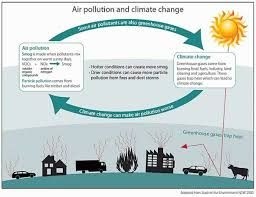
French President Francois Hollande issued a thinly veiled call to the U.S. to pay its promised share into a United Nations fund for climate projects in developing countries.
“The richest countries must do their part,” Hollande said in Seoul after a round-table discussion on climate at a South Korean University, without specifically referring to the U.S. “Sometimes those who talk the most do the least.”
The U.S. Congress has blocked America’s $3 billion contribution to the UN’s $10 billion Green Climate Fund, while France has paid its $1 billion share. Hollande said financing is key to success at this month’s Cop21 climate conference in Paris because developing countries will only sign up for ambitious carbon-cutting targets if they receive help to shift to cleaner technologies.
While the countries that account for about 90 percent of carbon emissions have submitted national plans, Hollande said funding clean energy projects would help nations such as India where Prime Minister Narendra Modi faces domestic opposition to his carbon reduction targets.
“India considers itself a developing country that shouldn’t have to make the same cuts as developed economies,” Hollande said. “But India also wants access to technology. Cop21 is also about not having fear of exchanging technology.”
The fund’s board announced its first set of eight projects worth $168 million at a meeting in Zambia this week. They include solar projects in East Africa, water treatment in the Maldives and Fiji, development of green bonds in Latin America, and improved energy networks in Bangladesh.
Hollande arrived in South Korea yesterday after two days in China where he signed a statement with Chinese President Xi Jinping calling for all countries to review their carbon reduction pledges every five years.
The European Union has pledged a 40 percent cut in greenhouse gases by 2030 from 1990, while South Korea is aiming for a 37-percent reduction from “business-as-usual” projections in 2030



